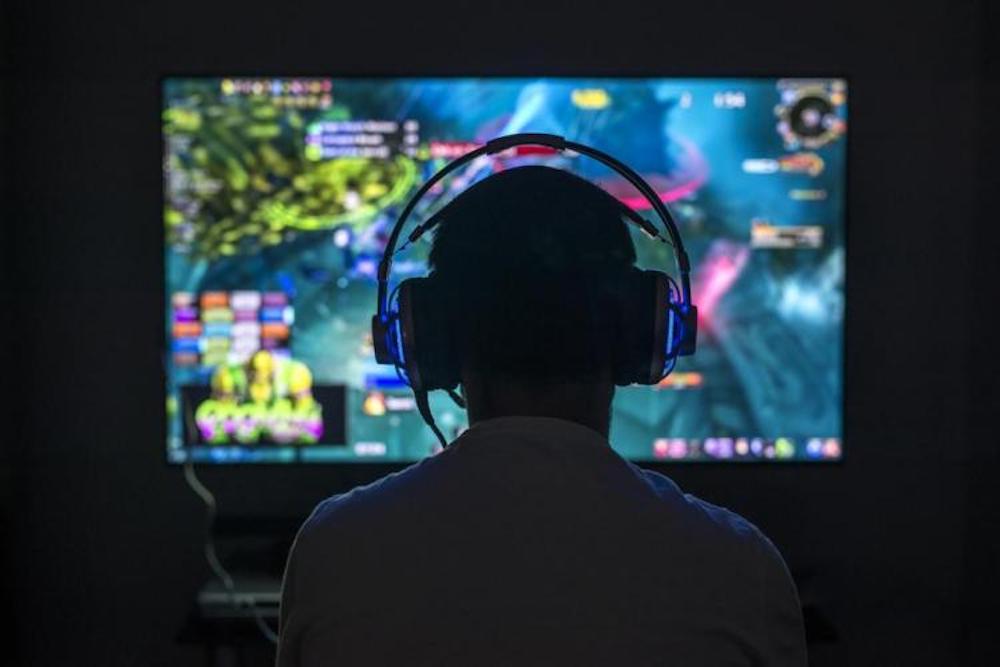Drop that controller — or can you?
Following extensive research and the fact that the gaming industry has grown into a multibillion-dollar machine, the World Health Organization is officially classifying video game addiction as a disorder that can lead to mental health issues. Starting in January 2022, “Gaming disorder” will be added to the International Statistical Classification of Diseases and Related Health Problems, also referred to as “ICD-11.” As the official entry reads, “Gaming disorder is characterized by a pattern of persistent or recurrent gaming behaviour (‘digital gaming’ or ‘video-gaming’), which may be online (i.e., over the internet) or offline.”
Take a look at the manifesting components that lead to video game addiction according to WHO:
1. impaired control over gaming (e.g., onset, frequency, intensity, duration, termination, context);
2. increasing priority given to gaming to the extent that gaming takes precedence over other life interests and daily activities; and
3. continuation or escalation of gaming despite the occurrence of negative consequences. The behaviour pattern is of sufficient severity to result in significant impairment in personal, family, social, educational, occupational or other important areas of functioning.
These findings of course come with naysayers, mainly those in the video game industry and other health officials who say the research is too vague to truly classify this as a mental disorder. According to USA TODAY, video game groups around the world are asking WHO to rethink the decision, saying in a joint statement “[WHO’s] guidance needs to be based on regular, inclusive, and transparent reviews backed by independent experts,” and concluding that, “‘Gaming disorder’ is not based on sufficiently robust evidence to justify its inclusion in one of the WHO’s most important norm-setting tools.”
According Shekhar Saxena, WHO’s expert on mental health and substance abuse, this is a disorder that will only effect a small percentage of gamers, mainly those who can playing for up to 20 hours a day while simultaneously putting off sleep, meals, work, school and the many daily activities that keep us grounding in the real world.
Do you or someone that you know fit the criteria for video game addiction? Is it even a real thing? Sound off with your thoughts over on our Facebook and Twitter.
